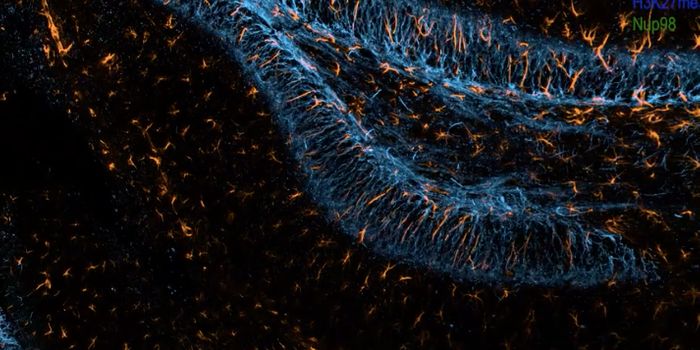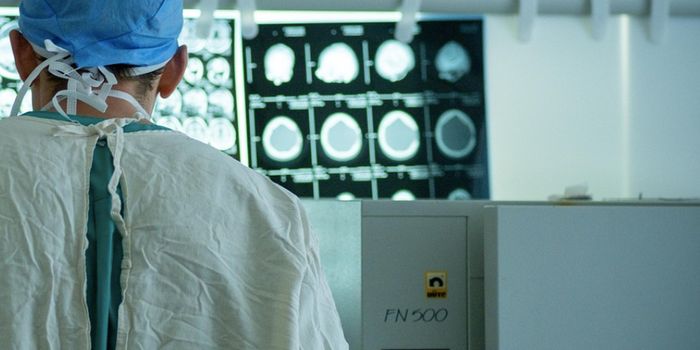Self-Assembling Molecules: A Potential "One-Size-Fits-All" Cancer Therapy
A new study from the University of Huddersfield shows promising breakthroughs on the use of self-assembling molecules as anti-cancer drugs.
Self-assembling molecules are a relatively new discovery and are still mysterious in many ways scientists have yet to unravel. The basic idea, however, is pretty much in the name: in the correct environments, self-assembling molecules come together and build complex molecular systems on their own. These instructions for self-assembly are inherent to the molecules themselves.
New research also suggests that they could be used as a potent anti-cancer drug. Using trimetallic complexes which bind to either copper, zinc, or manganese, researchers discovered that changing the metal bound to the complex also changed the mechanism of action of the molecule, as well as the types of cancer it targeted. This is advantageous for a number of reasons.
Professor Rice, Head of the Department of Chemistry at the University of Huddersfield, explained it like this: normally, thousands of dollars and research hours are poured into creating drugs that are only specific to a few types of cancers. So, having one kind of molecule that can be personalized, essentially, for many types of cancer, would save time and money on drug development research (as well as lives).
Additionally, they found that the incorporation of anions such as PO43ˉ, SO42ˉ or PhOPO32ˉ to the trimetallic complexes further increases the variety of cancer types that these molecules can target.
Another essential facet of these self-assembling molecules is their high, and effective, toxicity towards cancer cells. Many common cancer treatments have harmful side effects that affect non-cancer cells due to their lack of specificity. Alternatively, this study found that their self-assembling molecules show a higher selectivity for cancer cells when compared to their targeting of healthy cells— up to 2,000 times more specific.
There’s a long way to go before self-assembling molecules could potentially be used as a commercial treatment. We still need to do further experimentation and testing, and that’s still before the rigorous clinical trial process. However, while anti-cancer therapies have only been tested in vitro, these findings are still promising. Self-assembling molecules are a rapidly growing field of study, and so more discoveries are expected to be made in the near future.
Sources: Nature, Science Daily








